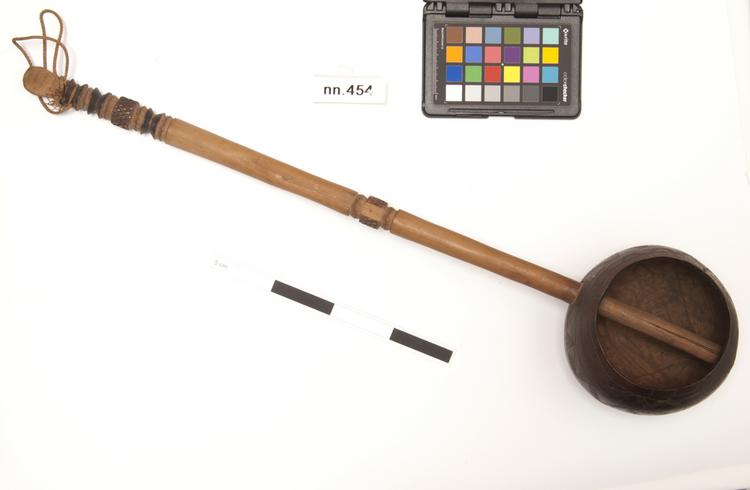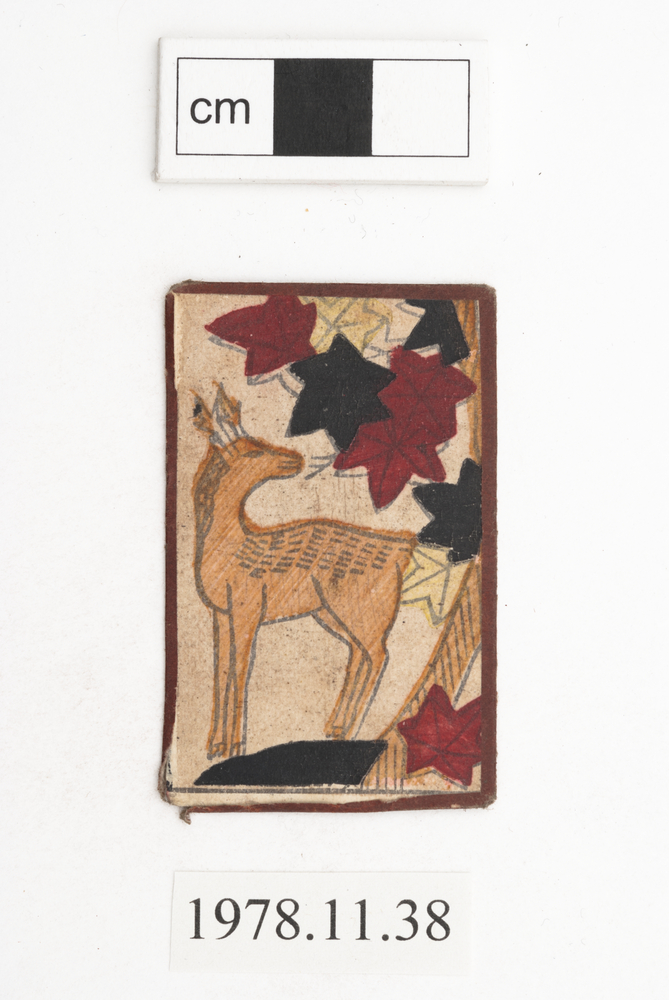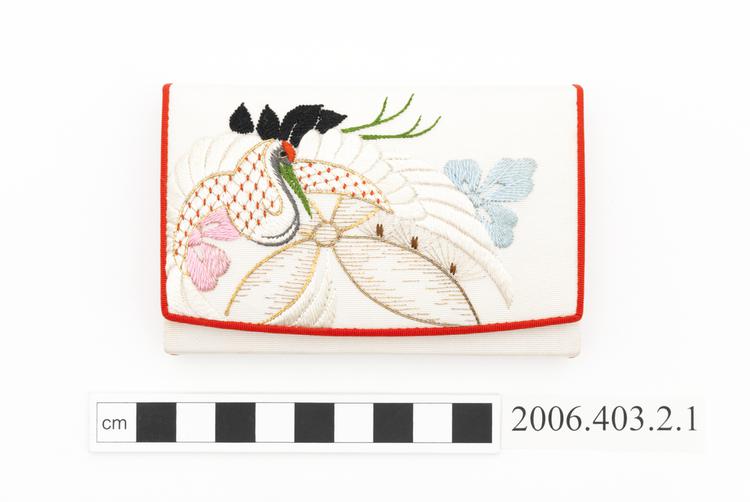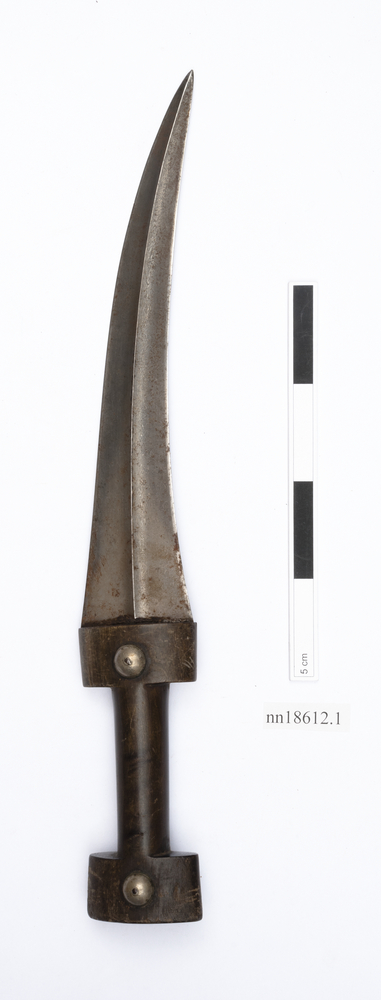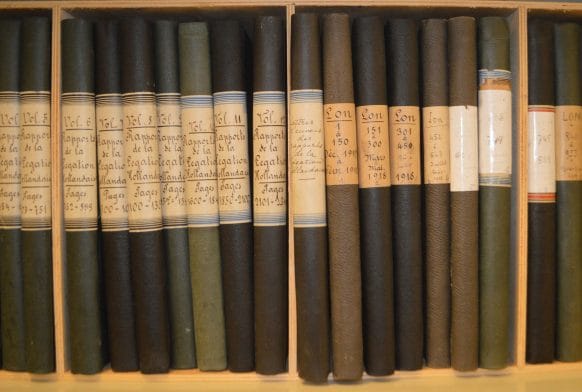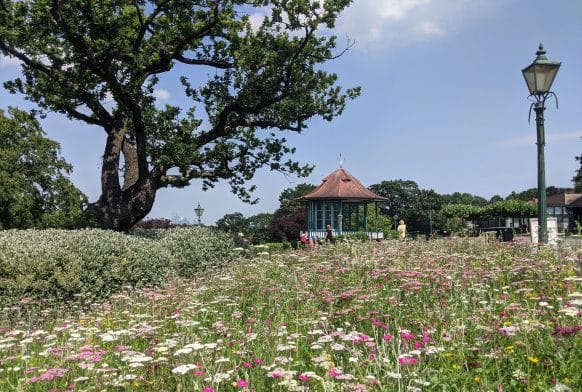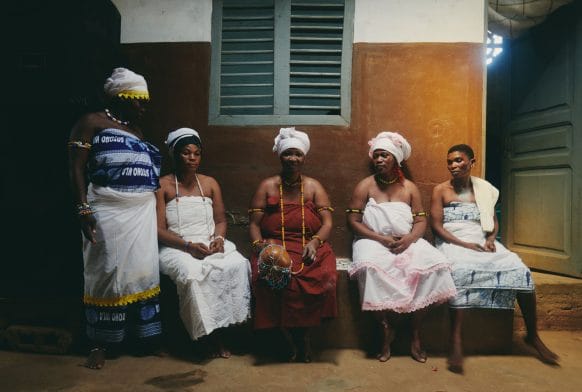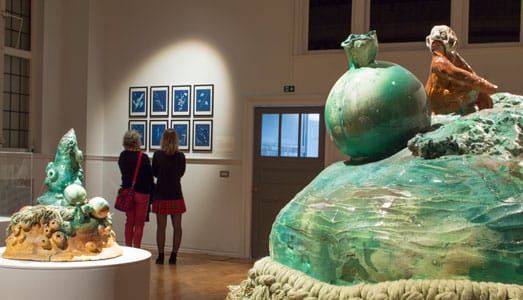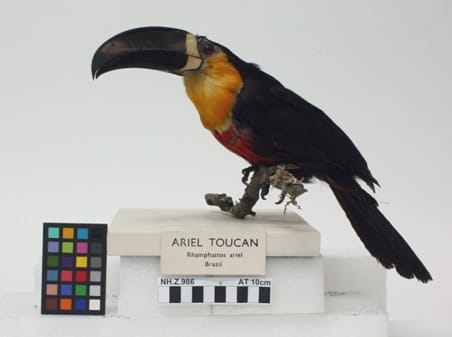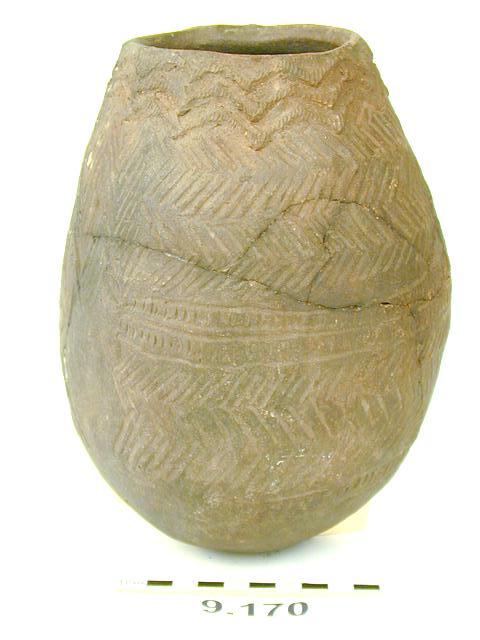
Clay container, rounded base, bulbous body tapering to rim, three coil bands (incised) below rim, two bands of fishbone decoration below, heavily smokefired.
Globular Cooking Pot, Ubir People, Oro Province, Papua New Guinea. For the Ubir women of Collingwood Bay on Papua New Guinea's northeastern coast, the globular pots they manufacture constitute a valuable trade commodity. Traded inland, they are exchanged for feathers, skins and barkcloth. Traded along the coast, they are exchanged for obsidian blades and even canoes. Ubir pots are particularly popular in this part of New Guinea because their walls are evenly built and quite thin, enabling food to cook quickly and also evenly. Ubir women use a distinctive method to build their pots, which involves taking a large hump of prepared clay and pulling lumps off the top to be rolled into coils. These coils are attached to the base of the lump to begin forming the bowl. Work continues like this until the central hump is used up and the pot is built. The inside and outside of the pot are then smoothed off with a flat wooden paddle before the addition of decorative elements begins. Clay. Early 20th Century. Collected by the Rev. A. K. Chignell in January 1909 and sold by his father to the Horniman Museum later that year.



